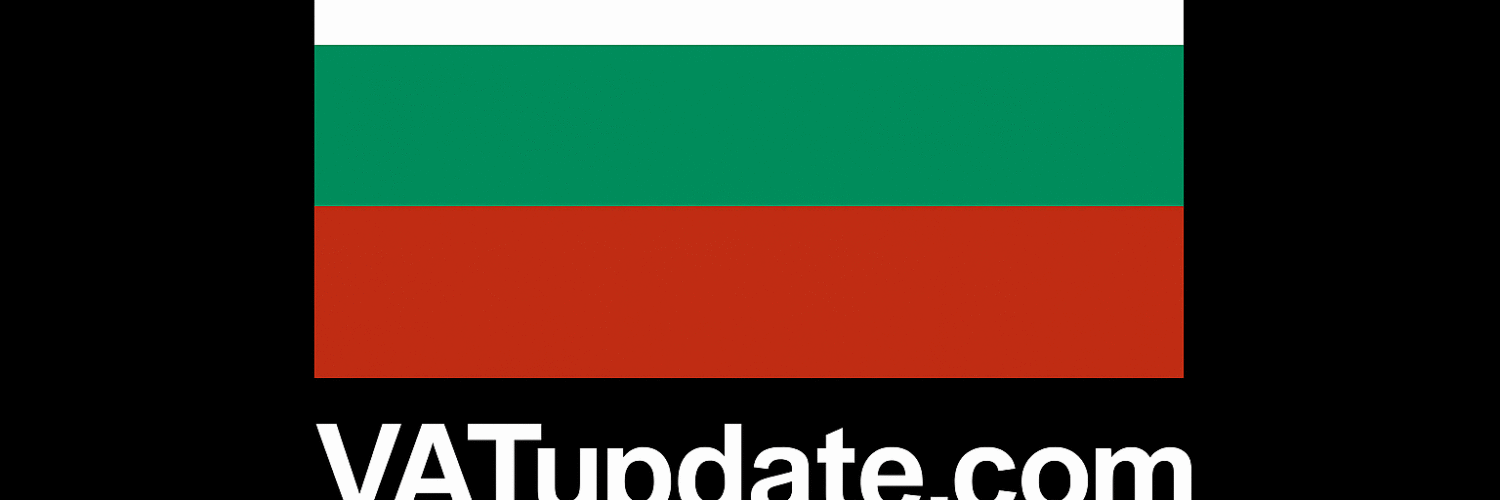Last update: October 6, 2025
Executive Summary:
Bulgaria is implementing the Standard Audit File for Tax (SAF-T), a standardized electronic format for exchanging tax information with tax authorities, based on the OECD standard. This will be rolled out in phases, starting in January 2026, with large enterprises and eventually encompassing all VAT-registered businesses by 2030. The goal is to streamline tax compliance, improve data exchange, enhance transparency, reduce administrative burden, and improve risk management.
What is SAF-T?
- SAF-T (Standard Audit File for Tax) is a standardized electronic format, based on XML, used for exchanging accounting data between taxpayers and tax authorities.
- Its primary purpose is to streamline tax information exchange, enhance compliance, and improve the efficiency of audits and data analysis.
- “SAF-T is a standardised electronic format for accounting data , created by the OECD. It allows tax authorities to receive, audit, and analyse financial data more efficiently.”
- The Bulgarian NRA states that SAF-T promotes efficiency by helping to more effectively manage risk and reduce the administrative burden for the Bulgarian financial sector.
Implementation Timeline and Affected Businesses:
- January 1, 2026: Large enterprises exceeding certain thresholds (Total assets > BGN 38 million, Net sales revenue > BGN 76 million, Average number of employees > 250, AND Net Sales Revenue > BGN 300M or payments to NRA > BGN 3.5M). These thresholds are determined as of December 31, 2023.
- January 2027: Large, medium, and small enterprises that either have net sales revenue for 2024 exceeding BGN 300 million or tax and social security contributions collected exceeding BGN 3.5 million.
- January 2028: Large, medium and small enterprises that either have net sales revenue for 2025 exceeding BGN 15 million or tax and social security contributions collected exceeding BGN 1.5 million
- January 2029: All large, medium, and small enterprises, regardless of additional conditions.
- January 2030: All VAT-registered enterprises, including micro-enterprises.
- “The Bulgarian NRA has confirmed a phased approach starting from 1 January 2026, with obligations based on company size and financial thresholds.”
- Assessment is based on criteria met two years prior to the reporting year.
Reporting Requirements:
- Three main SAF-T reports are required:
- Monthly: General ledger, Accounts Payable and Receivable, Sales and Purchase invoices (due by the 14th of the following month).
- Annually: Fixed assets (due by June 30th of the following year).
- On-demand: Inventory (provided upon request).
- “There are three SAF-T reports required: General ledger; Accounts Payable and Receivable; Sales and Purchase invoices (by 14th of following month); Annually: Fixed assets (by 30th June of following year); On-demand: Inventory”
- SAF-T reports must include detailed business and accounting information, such as: taxpayer identification, chart of accounts, all accounting entries, all purchase and sales invoices, all incoming and outgoing payments, all assets and inventory, business nomenclatures, and tax codes.
File Format and Submission:
- The file format used for SAF-T reporting is XML (Extensible Markup Language).
- Enterprises will be obliged to submit the SAF-T files electronically, with a qualified electronic signature.
Grace Period:
- A six-month grace period is offered for initial SAF-T submissions.
- During the grace period, taxpayers can submit corrections to submitted files without being penalized.
- “For each wave, the first 6 monthly SAF-T reports can be freely corrected by the deadline for submission of the seventh monthly SAF-T report.”
OECD Role:
- The OECD (Organisation for Economic Co-operation and Development) developed SAF-T as an international standard.
- The OECD aims to promote transparency and standardization in tax reporting.
- “SAF-T is a standardised electronic format for accounting data , created by the OECD. It allows tax authorities to receive, audit, and analyse financial data more efficiently.”
Other Countries Implementing SAF-T:
- Poland, Portugal, Romania, France, Germany, Lithuania, Norway.
Benefits of SAF-T Implementation:
- Enhanced transparency in financial reporting.
- Streamlined audits and improved regulatory compliance.
- Increased efficiency in tax reporting for businesses and tax authorities.
- Reduced administrative burden for businesses.
- Improved risk management for the Bulgarian government.
- “For the Bulgarian NRA, SAF-T promotes efficiency by helping to more effectively manage risk and reduce the administrative burden for the Bulgarian financial sector.”
Preparation for Businesses:
- Conduct internal assessments to determine SAF-T qualification status.
- Review and upgrade technology systems to meet SAF-T data exchange requirements.
- Train employees on SAF-T implementation processes.
- Seek expert guidance from tax advisors.
E-invoicing:
- Bulgaria e-invoicing plans are still emerging.
Potential Challenges and Benefits of Phased Implementation:
- The phased approach allows businesses more time to prepare their systems and processes.
- It also allows the tax authority to manage the implementation process more effectively.
- Potential challenges include the complexity of the rules, especially in the early phases, and the need for businesses to invest in new technology.
Sources
- Bulgaria to Implement SAF-T Reporting in 2026: Impact on Large Enterprises and Timeline – VATupdate
- Order of the Executive Director of the NRA – approved technical documentation for SAF-T – VATupdate
- Bulgaria Implements SAF-T for Enhanced Digital Tax Compliance and Reporting Requirements – VATupdate
- Bulgaria Set to Launch SAF-T Reporting in 2026 – VATupdate
- Bulgaria Mandates SAF-T Reporting from 2026: A Complete Guide for Businesses – VATupdate
- NRA holds public consultations on draft order for SAF-T submission – VATupdate
- FAQs on SAF-T Implementation in Bulgaria Published by National Revenue Agency – VATupdate
Link to the law
- See also
- Join the Linkedin Group on Global E-Invoicing/E-Reporting/SAF-T Developments, click HERE
Latest Posts in "Bulgaria"
- NRA Launches New E-Service for Submitting Test SAF-T Files for Tax Audit Purposes
- Bulgaria Proposes Tax Exemptions for Pension Funds in Social Security Code Amendment Bill
- Bulgaria Adopts Euro in 2026: Key Changes for Intrastat and Business Reporting
- ECJ C-121/24 (Vaniz) – Judgment – Joint VAT liability valid post-debtor dissolution if third-party knowledge exists
- EPPO Raids Uncover €13 Million VAT Fraud Scheme in Bulgaria; Six Arrested, 80+ Searches Conducted















